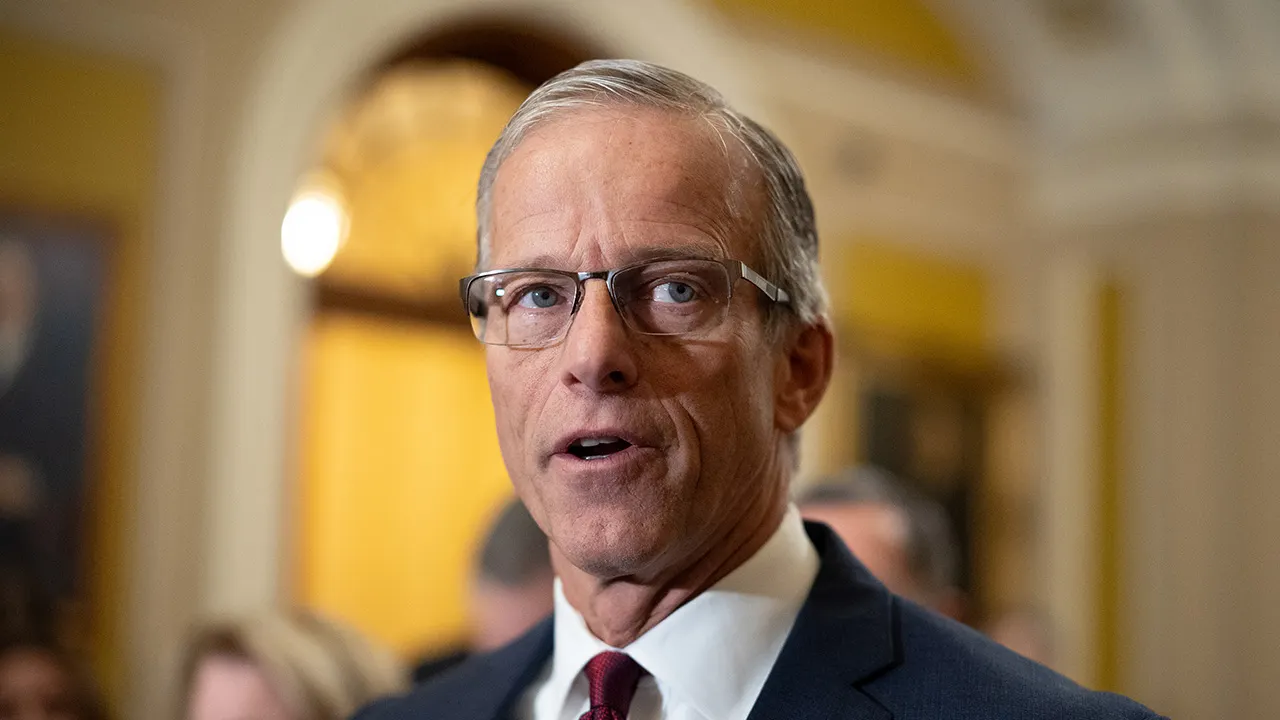Politics
Senate border budget triumphs after all-night session while Trump-backed House bill lags

A Strategic Victory for Senate Republicans: Passing the Budget Resolution
In a significant political maneuver, Senate Republicans successfully passed their preferred budget resolution, focusing on key priorities outlined by former President Donald Trump, notably enhancing border security. This victory came after a prolonged session of debates and votes, marking a strategic win for the Senate GOP. Senator John Thune emphasized the resolution’s alignment with Trump’s agenda, targeting border security, military rebuilding, and energy dominance. Despite initial expectations that the House would lead, the Senate’s proactive approach underscored their commitment to advancing Trump’s policies.
Navigating the Budget Reconciliation Process
The Senate employed the budget reconciliation process, allowing passage with a simple majority, thus bypassing the usual 60-vote threshold. This two-pronged strategy includes an immediate focus on border security and energy, with a second bill later addressing tax cuts from the Tax Cuts and Jobs Act. Vice President JD Vance and Trump openly supported this approach, which cleared a procedural hurdle and initiated a 50-hour debate, culminating in a "Vote-a-Rama" marathon. This process forced Republicans to address numerous Democratic amendments, testing their resolve.
Democratic Opposition and Strategic Maneuvering
Democrats vigorously opposed the resolution, using the Vote-a-Rama to introduce amendments targeting Republican policies, particularly tax cuts for the wealthy. Senate Minority Leader Chuck Schumer highlighted the narrative of Republicans favoring billionaires over families, vowing continued opposition. This strategic move aimed to expose Republican vulnerabilities, indicating a prolonged battle with potential repercussions in the 2024 elections.
Internal Republican Divisions Emerge
The House GOP, under Speaker Mike Johnson, opposed the Senate’s approach, preferring a comprehensive single bill. This inter-chamber conflict reflects deeper Republican divisions, risking legislative delays and highlighting challenges in unifying the party behind a cohesive agenda.
Looking Ahead: Challenges and Strategic Importance
The budget reconciliation process is crucial for advancing Trump’s agenda, with the second bill on tax cuts scheduled for later in the year. However, the House’s reluctance and internal GOP divisions pose significant hurdles. The political landscape suggests that these debates will shape the narrative for the 2024 elections, underscoring the high stakes involved.
Conclusion: Strategic Implications and Future Outlook
The Senate Republicans’ strategic move to pass their budget resolution positions them to advance key Trump-era policies, leveraging reconciliation to overcome opposition. Despite Democratic criticism and internal GOP conflicts, this maneuver illustrates the Senate’s proactive approach. As the political arena evolves, these actions will influence both legislative outcomes and the 2024 electoral landscape, reflecting the ongoing dynamics of power and policy in Washington.